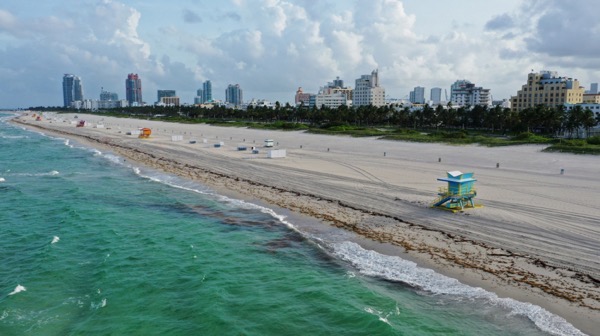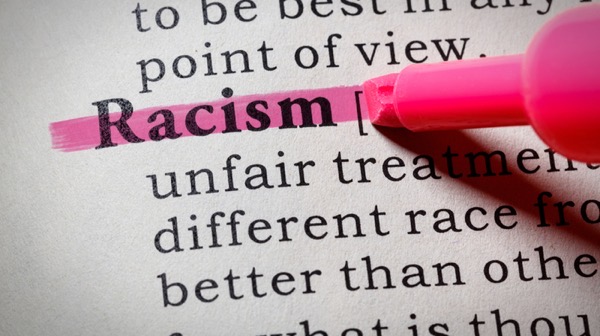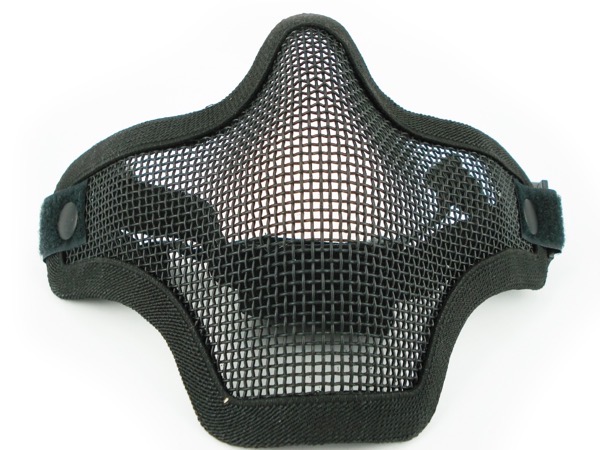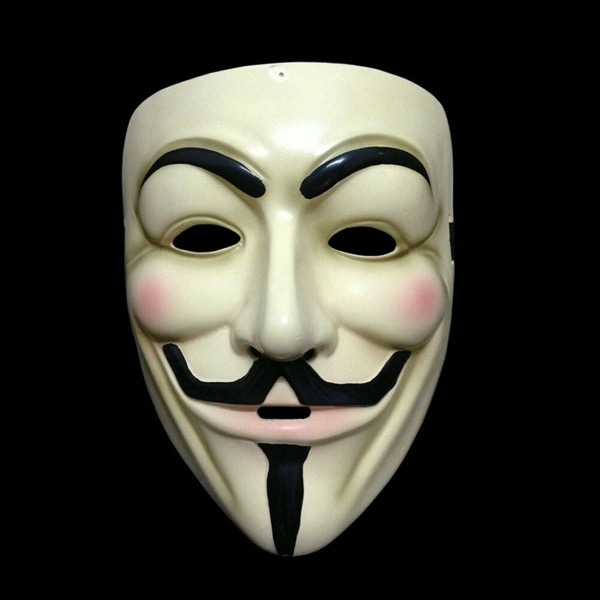 I guess it’s a happy one.
I guess it’s a happy one.
It seems hypocritical to celebrate given that it feels like our freedoms are being curtailed with breathtaking speed.
(Notice I said “Feels”) After all we’re all about our feelings these days, not actual facts.
Celebrate? What celebrations? No friends visiting, family gatherings forbidden, beaches closed, but the Governor’s winery is Open.
You know, the guy that’s been telling us how to live our lives…
 We’re hiding in our homes, or behind our masks, rumors abound of “Peaceful Protests” a.k.a. “riots” in public places on the 4th and for what?
We’re hiding in our homes, or behind our masks, rumors abound of “Peaceful Protests” a.k.a. “riots” in public places on the 4th and for what?
So that we survive to walk open-eyed into servitude to various philosophies that are built on lies?
COVID gonna kill us all
There are several studies from reputable publications suggesting that the PCR test to detect COVID-19 isn’t accurate and in fact can’t be accurate because to date, no lab has fully isolated the COVID-19 RNA. Therefore there is no “Gold” standard against which to measure the efficacy of the PCR test for detecting COVID-19 in the first place.
 There are other reports of Nurses sending in unused COVID-19 swabs with fictitious names and having those swabs come back as positive.
There are other reports of Nurses sending in unused COVID-19 swabs with fictitious names and having those swabs come back as positive.
Yet another man made an appointment to get a test, then didn’t keep the appointment. A week later he received a letter saying that he’d tested positive.
(Hello? This is the psychic testing network. What to know if you have COVID? One moment let me consult my crystal ball.)
Yet other nurses are reporting nationwide that a patient in hospital may be tested daily for COViD-19 and that each of those tests is counted as a new case rather than a diagnostic test for an existing patient.
There’s a significant uptick in “positive” cases but no data on if the people coming up “positive” are actually sick or if they just have the antigens present in their blood, for ANY coronavirus.
With the doubt cast on the validity of testing there’s no way to actually have any real statistics. Are the deaths and hospitalizations increasing at the same breakneck pace?
You’d expect those numbers to be climbing at similar rates. If they’re not, then something is seriously flawed in the data.
Hydroxycloroquine has been shown to be effective in 2 new studies, If given within 5 days of the onset of symptoms and if the full Zilinski protocol is followed. So Hydroxycloroquine is not, as the media and others have painted it, fatal when used appropriately and under proper supervision.
When reading the protocols (and I have) for several of the studies that were terminated due to poor outcomes, (a.k.a. fatalities,) the initial doses of Hydroxycloroquine were nearing toxic levels as documented by the CDC, FDA, and WHO. The patients in question were already so sick they were on ventilators, and so weak the absolute last thing the needed was a near fatal dose of Hydroxycloroquine alone. It’s my general opinion that those people were murdered by their attending physicians.
Let’s see, wait for a 3500.00 new treatment, or spend 250.00 for something that actually works? Sign me up for the latter if I get sick. I’ll put my faith in a drug that has its origins documented for 400 years, and that has a track record of safe use by America for 67 years, thank you very much.
At least one additional study reaffirms the connection between vitamin D deficiency and more severe cases of COVID-19. But you’re supposed to stay in your home where you aren’t exposed to sunlight which triggers your body to manufacture vitamin D.
Yep, no family gatherings on the 4th cause COVID’s gonna get ya. Even though most 4th of July gatherings are held outside and UV light from the Sun tends to kill many germs / viruses while giving you a golden tan and allowing your body to make vitamin D.
If you work inside all day as part of your job, you probably should be taking a supplement anyway. This link between worse cases of COVID-19 and vitamin D deficiency was noted early on but it’s not yet clear why there’s a connection.
America is systemically racist
 George Floyd was killed. The proper authorities immediately began an investigation into the circumstances surrounding the mans death and subsequently arrested the officers involved.
George Floyd was killed. The proper authorities immediately began an investigation into the circumstances surrounding the mans death and subsequently arrested the officers involved.
That’s not racist. That’s justice, a little thing called due process. Something upon which our justice system is founded.
If America was as racist as portrayed then George Floyd would have been left on the pavement and the officers would have driven away and not be facing criminal charges.
Law Enforcement Today published an article on June 26, 2020 that does a good job of collecting multiple reports. LETs article is somewhat biased toward law enforcement however, if you go to the underlying links including The Washington Posts database you’ll find some interesting data.
By WaPos own statistics there are more white males killed by police than black males.
There is a disproportionate number of black male involvement with police per capita when compared to whites. That should be looked at objectively and investigated with an open mind. The question to be asked there is, why?
Are black males more likely to commit crimes, if so then why? Is more police attention focused on black men? Are there other underlying factors such as bias or poverty driven petty crime?
After reading several of the reports I think LETs article is mostly correct in its assessment that police are not hunting black people down.
Even the National Academy of Sciences report isn’t clear on the issue of racial bias in police interactions.
I think that yes, racism still exists in America but I don’t think it’s systemic as portrayed. I also don’t think demonizing the police force serves any purpose except to reenforce what racism there is.
In the past weeks, I’ve come to believe that racists come in all colors. It’s time that everyone started calling it out regardless of who’s saying something racist.
BLM leaders calling for an end to racism by the slaughter of white people is just as racist as the KKK calling for the slaughter of black people. There is no difference, both statements are racist on their face. Social media platforms, or businesses censoring people who say All lives matter but allowing people of color to say kill white people is closer to systemic racism than anything I’ve seen in 40 years.
Defunding police forces isn’t the solution.

Protests are Peaceful
The video footage speaks for itself. Burning, looting, and destruction of property is not a protest, and the violence we’ve seen is anything but peaceful.
Given the coordinated pickups and drop-offs of looters during the so called peaceful protests it’s obvious that what we were witnessing was nothing more than a crime spree sanctioned by various public officials.
Masks are gonna save us
Probably not. Even N95 masks wont stop the virus. They may stop aerosolized virus in spit but only if worn properly. A loose bandana isn’t going to do shit.
See that’s the problem for me. If you’re going to tell us masks save lives then you really need to specify which masks save lives.
I saw a guy who was allowed to wear an open mesh mask into a store with no questions asked. You could obviously see his mouth and nose and that there wasn’t a damn thing to obstruct a sneeze or cough. No-one said a word.
saw a guy who was allowed to wear an open mesh mask into a store with no questions asked. You could obviously see his mouth and nose and that there wasn’t a damn thing to obstruct a sneeze or cough. No-one said a word.
He was, after all, wearing a mask.
Oregon had a city that said everyone wear masks, except the black folks.
Seems that the city was worried about racial profiling so they initially exempted black folks from wearing a mask.
The city council was doubly racist. The color of your skin (white) determined that you had to wear a mask and they further demonstrated their racism in thinking that a black man wearing a mask would scare people.
 By the current logic, I could wear a halloween mask and be in compliance with mask ordinances. It’s not about efficacy, it’s about The Mask.
By the current logic, I could wear a halloween mask and be in compliance with mask ordinances. It’s not about efficacy, it’s about The Mask.
If you’re sick, yeah, wear a mask. If you’re visiting immunocompromised people, the old, & infirm, or high risk groups, yeah, wear a mask.
Conflating wearing masks as a sign of social responsibility or patriotism is manipulation.
Masks separate us, they isolate us, they’re used to silence us, they communicate to the world, that we’re not going to ask questions.
ANTIFA is Anti Fascist
 Uh nope!
Uh nope!
ANTIFA is exactly what it claims to be against. They’d do the brown shirts of 1935 NAZI Germany proud.
They are a terrorist organization and need to be imprisoned. They seek to undermine or overthrow the government of the United States of America.
They are an insurgent force and should be dealt with as such.
We’re entering a New Normal
The dumbest statement ever propagated. Every day is a new normal.
This is a nothing statement designed to inculcate compliance with authority. The trouble is, what authority?
The authority of the mob? The “Karens” pointing at people that are not wearing masks? The doctors who keep changing their minds? The politicians that flipflop almost daily in their edicts?
The statement is more properly COMPLY!
Which by an interesting coincidence is exactly what we fought against to win our independence.
 Remember that, this Fourth of July.
Remember that, this Fourth of July.
Where are we heading? Whatever that destination is, make sure that it’s where we as a Nation want to be.
We have the choice, it’s always been ours.
We can chose to do better and walk together as a nation towards a better future for all of us, or we can allow petty divisions to destroy us.
We choose. We’re in control.
The sooner we remember this, the better.
Happy 4th of July.

 I guess it’s a happy one.
I guess it’s a happy one. We’re hiding in our homes, or behind our masks, rumors abound of “Peaceful Protests” a.k.a. “riots” in public places on the 4th and for what?
We’re hiding in our homes, or behind our masks, rumors abound of “Peaceful Protests” a.k.a. “riots” in public places on the 4th and for what?  There are other reports of Nurses sending in unused COVID-19 swabs with fictitious names and having those swabs come back as
There are other reports of Nurses sending in unused COVID-19 swabs with fictitious names and having those swabs come back as  George Floyd was killed. The proper authorities immediately began an investigation into the circumstances surrounding the mans death and subsequently arrested the officers involved.
George Floyd was killed. The proper authorities immediately began an investigation into the circumstances surrounding the mans death and subsequently arrested the officers involved. 
 saw a guy who was allowed to wear an open mesh mask into a store with no questions asked. You could obviously see his mouth and nose and that there wasn’t a damn thing to obstruct a sneeze or cough. No-one said a word.
saw a guy who was allowed to wear an open mesh mask into a store with no questions asked. You could obviously see his mouth and nose and that there wasn’t a damn thing to obstruct a sneeze or cough. No-one said a word. By the current logic, I could wear a halloween mask and be in compliance with mask ordinances. It’s not about efficacy, it’s about The Mask.
By the current logic, I could wear a halloween mask and be in compliance with mask ordinances. It’s not about efficacy, it’s about The Mask.  Uh nope!
Uh nope! Remember that, this Fourth of July.
Remember that, this Fourth of July.